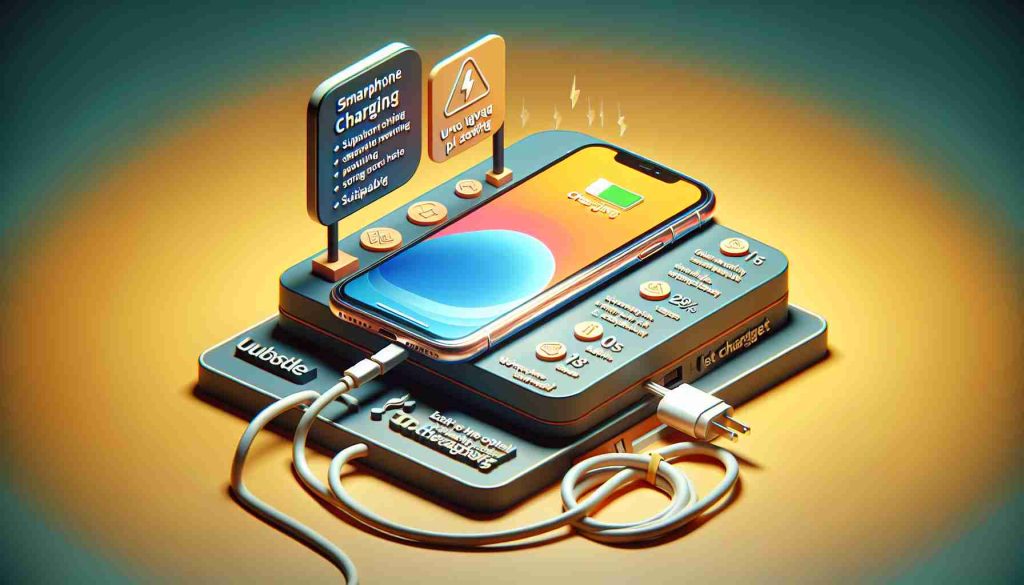Meta recently hosted an event where it unveiled its latest technological advancements, prominently featuring the Orion project. Rather than a retail product, Orion represents a conceptual prototype envisioned for augmented reality (AR) glasses, highly anticipated for its potential impact on the future of wearable technology.
The Rise of Smart Glasses
While AR glasses have been explored previously, such as the Google Glass initiative, the landscape has significantly changed. With Meta’s acquisition of Oculus and the introduction of Apple’s Vision Pro, the race for innovative mixed reality applications is on. Though neither product has achieved mainstream recognition yet, smart glasses like Meta’s Ray-Ban model are gaining traction as popular accessories.
Orion stands out due to its resemblance to conventional eyewear. Though thicker than typical glasses, it avoids the bulky nature of headsets. The design incorporates Micro LED projectors that display images directly onto the lenses, enabling users to experience augmented visuals without losing sight of their surroundings.
A user-friendly Experience
The Orion’s design features various built-in sensors that facilitate interaction with the environment, allowing for seamless virtual window placements akin to those seen in high-end headsets. The technology also includes a smart bracelet to enhance gesture recognition.
Initial impressions from tech reviewers have been positive, praising the responsive nature of the eye-tracking and haptic feedback from the wrist device. While the resolution doesn’t rival that of dedicated headsets, Orion has impressed with its field of view and display quality.
Though Orion is still under development, it signifies Meta’s commitment to advancing AR technology, engaging users with innovative experiences that hint at a bright future for wearable devices.
Embracing the Future of Augmented Reality: Tips and Interesting Facts
As the world explores the potential of augmented reality (AR) and smart glasses, particularly with innovations like Meta’s Orion project, it’s essential to stay informed and prepared for this technological evolution. Here are some tips, life hacks, and interesting facts to help you navigate the exciting landscape of wearable technology.
Understanding the Utility of Smart Glasses
With the rapid development of AR glasses, it’s vital to recognize their potential uses. From enhancing daily tasks to providing immersive entertainment experiences, AR can change how we interact with our environments. Here are a few applications you might find beneficial:
– Navigation Aid: Use AR glasses to receive real-time navigation assistance, making trips more manageable and reducing distractions from traditional devices.
– Enhanced Learning: Educational apps equipped with AR can help visualize complex concepts, enhancing comprehension and retention.
– Remote Collaboration: Imagine attending meetings with virtual colleagues, sharing documents, and collaborating in real-time, all through your smart glasses.
Life Hacks for Using Augmented Reality
1. Customize Your Experience: Always look for options to tailor the AR experience to your preferences, whether it’s adjusting display settings or selecting what notifications you want to see.
2. Practice Gesture Controls: Many AR systems utilize gesture recognition. Spending time practicing these gestures when you first receive your device can create a more intuitive user experience.
3. Take Advantage of Voice Commands: Make multitasking easier by using voice commands to operate your smart glasses, allowing you to keep your hands free for other tasks.
4. Stay Updated on Apps: Follow the latest developments in AR apps and tools that enhance your smart glasses. Regularly updating your device can introduce you to a range of new features.
Fun Facts About Augmented Reality
– The Origins of AR: Augmented reality dates back to the 1960s when computer scientist Ivan Sutherland created the first head-mounted display system, known as “The Sword of Damocles.”
– Growing Market: The market for AR technology is projected to reach over $340 billion by 2028, indicating a surge in adoption across different industries, including healthcare, entertainment, and retail.
– Adoption by Industries: Companies are leveraging AR for training/education, product demonstrations, and enhanced customer service, highlighting its versatility and practical applications.
Keeping Pace with Tech Innovations
To stay on top of developments in AR and smart glasses, consider following dedicated technology news sources. Engaging with communities that share your interest in AR can also provide insights and foster discussions on the future implications of this technology.
For more updates on wearable technology, visit Meta to keep informed about their latest projects and advances. By embracing this journey into augmented reality, you can become an early adopter of a technology that promises to redefine how we connect with the world around us.
https://youtube.com/watch?v=mPWp4F_pWio























